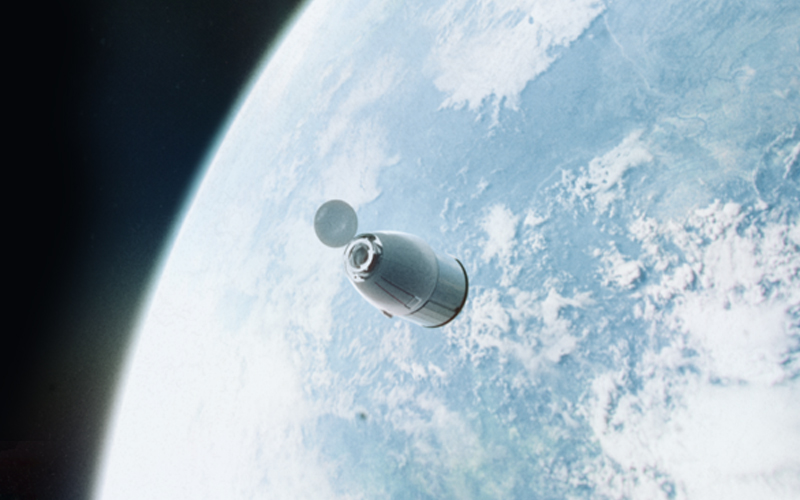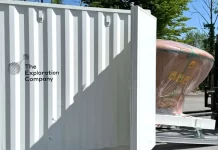
Starlab Space has signed a contract with The Exploration Company for three cargo missions to the company’s planned commercial space station in low Earth orbit.
The Exploration Company is developing its reusable Nyx spacecraft, which will initially ferry cargo to and from low Earth orbit. The company also plans to offer versions of the spacecraft for crewed spaceflight in low Earth orbit and missions to the surface of the Moon. Earlier this month, The Exploration Company was awarded an initial €25 million European Space Agency (ESA) contract to perform a demonstration mission to ferry cargo to and from the International Space Station (ISS) as part of the agency’s LEO Cargo Return Services initiative.
Initially proposed in 2021, Starlab is a joint venture between Voyager Space, Airbus, Mitsubishi Corporation, and, as of 29 May, MDA Space. The partnership expects to launch a commercially-operated space station to low Earth orbit from 2028. The station will offer a large multi-use volume for a wide range of science and technology applications. In November 2023, ESA signed a memorandum of understanding with Starlab to explore the potential of European utilization of the station once the ISS is decommissioned.
Starlab Space signed the cargo services agreement with The Exploration Company on 28 May at the French Embassy in Germany. The signing was part of President Emmanuel Macron’s official visit to Germany with The Exploration Company’s CEO Hélène Huby joining as part of the president’s delegation.
“This agreement with The Exploration Company marks a pivotal moment for Starlab Space, affirming our commitment to international collaboration in the commercial space station era,” said Starlab Space CEO Tim Kopra in a statement.
Starlab is the second planned commercial space station that The Exploration Company has been contracted to provide cargo transportation services. In September 2023, Axiom Space signed a cargo services agreement with the company, with missions to the Axiom space station expected to begin no earlier than late 2027.




